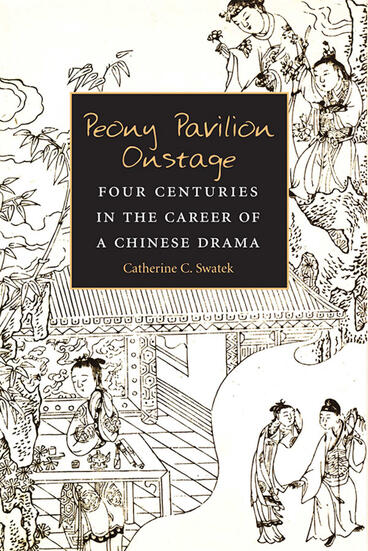Peony Pavilion Onstage
Four Centuries in the Career of a Chinese Drama
One of the few full-length English-language studies of Chinese drama and the only one to focus on the pivotal Kun opera Peony Pavilion
Description
After its completion in 1598, The Peony Pavilion (Mudan ting) began a four-hundred-year course of transmission and dissemination in China and around the world. Within China, the play’s wide popularity propelled its appearance in numerous editions, adaptations, and libretti. Performances ranged from “pure singing” at private gatherings to full stagings in commercial theaters. As the crown jewel of Kun opera reportoire, Mudan ting has a richly documented history and lends itself to careful study. In the late twentieth century, however, classical Kun opera is on the verge of extinction in China, and creative talent is gravitating to centers outside China’s mainland. In 1998, the play was reintroduced to audiences in Europe and North America in various versions, adding new chapters to the story of the work. Peony Pavilion Onstage examines Tang Xianzu’s classic play from three distinct viewpoints: public-literati playwrights; professional performers of Kun opera; and quite recently, directors and audiences outside China. Catherine Swatek first examines two adaptations of the play by Tang's contemporaries, which point to the unconventionality of the original work. She goes on to explore how the play has been changed in later adaptations, up to its most recent productions by Peter Sellars and Chen Shi-Zheng in the United States and Europe. Peony Pavilion Onstage is essential reading for scholars and performers of this masterpiece and other great works of Chinese drama.
Catherine C. Swatek is Associate Professor Emerita of Chinese Literature in the Department of Asian Studies at the University of British Columbia.

